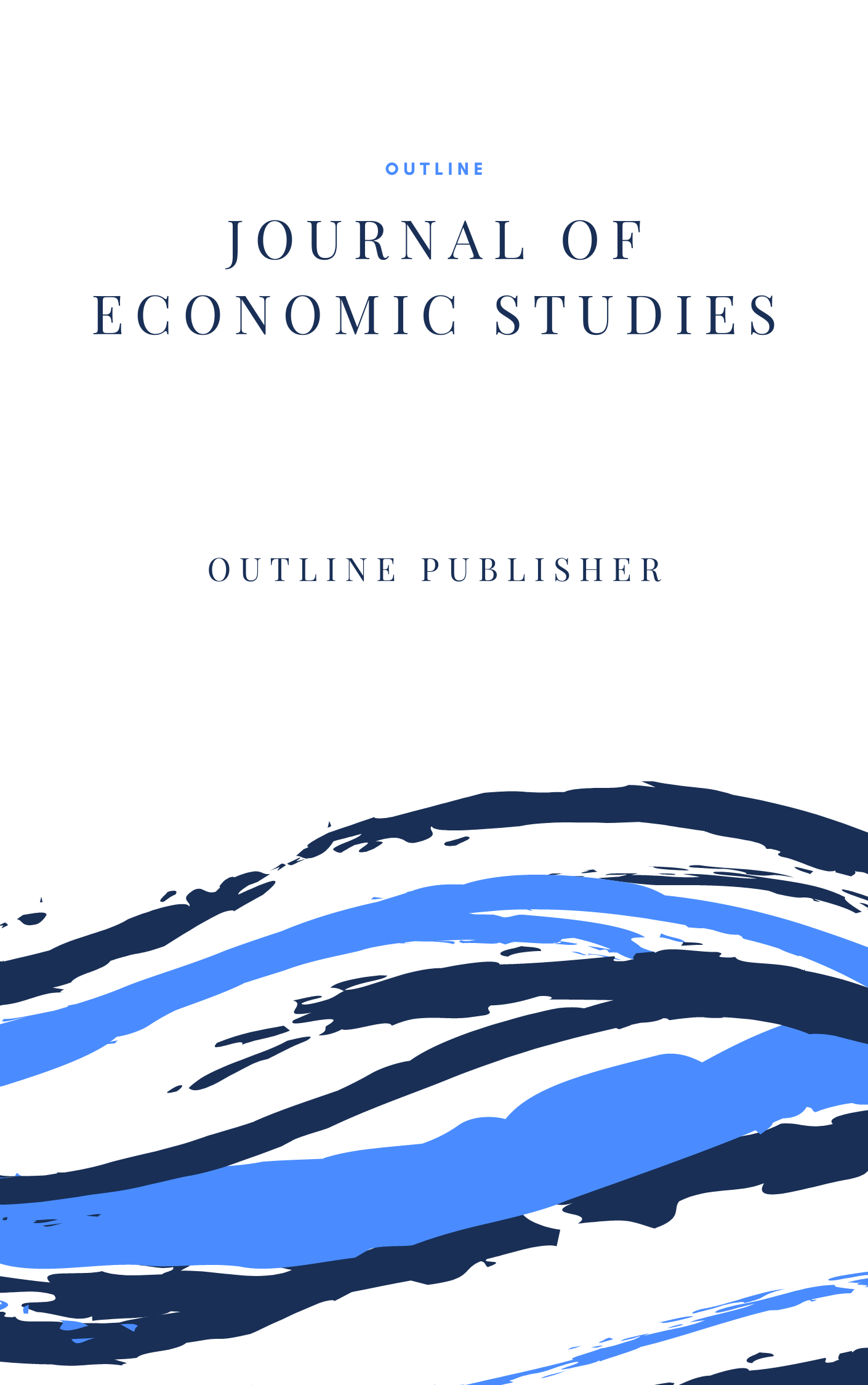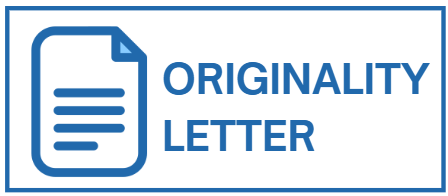Optimizing the Financial Performance of Family Businesses in Indonesia: The Role of Good Corporate Governance and Sustainable Economic Growth
DOI:
https://doi.org/10.61730/avwxcr15Keywords:
Financial Performance, Good Corporate Governance, Sustainable Economic GrowthAbstract
Purpose: The purpose of this study is to examine and analyze the influence of Good Corporate Governance (GCG) and Sustainable Economic Growth (SGR) on the financial performance of family businesses in Indonesia. The research aims to understand how governance quality and sustainability-oriented growth contribute to improving profitability and long-term performance within family-owned enterprises.
Methods: This study employs a quantitative research approach using multiple linear regression analysis. The data were collected from 65 family businesses listed on the Indonesia Stock Exchange (IDX) during the 2018–2023 period.
Results: The analysis reveals that GCG has a positive and significant effect on financial performance, demonstrating that effective governance enhances company efficiency and profitability. Similarly, SGR also significantly influences financial performance, suggesting that sustainable economic practices-integrating social and environmental considerations-contribute to long-term business success. Together, GCG and SGR explain 50.7% of the variation in the financial performance of family businesses, indicating a strong combined influence of governance and sustainability factors.
Conclusions: The findings emphasize the importance of implementing Good Corporate Governance and sustainability-oriented growth strategies in family businesses to ensure both financial success and long-term viability.
Originality/value: This study provides new empirical evidence on the dual role of GCG and sustainable economic growth in shaping the financial performance of family businesses in Indonesia-a sector that plays a central role in national economic development. The research contributes to the literature by combining governance and sustainability perspectives, offering insights for business owners, investors, and policymakers in promoting responsible and sustainable family business management.
References
Brigham, E. F., & Houston, J. F. (2017). Fundamentals of Financial Management (14th ed.). Cengage Learning.
Claessens, S., & Yurtoglu, B. B. (2013). Corporate governance in emerging markets: A survey. Emerging Markets Review, 15, 1–33.
Elkington, J. (1997). Cannibals with Forks: The Triple Bottom Line of 21st Century Business. Capstone Publishing.
Ginting, R. O., Fahrani, M., & Situmorang, E. J. Y. (2025). Analysis of the competitiveness of the agricultural sector to the leading sector in Tebing Tinggi City. Outline Journal of Economic Studies, 4(1), 20-30. https://doi.org/10.61730/s754sg12
Gomez-Mejia, L. R., Haynes, K. T., Nuñez-Nickel, M., Jacobson, K. J. L., & Moyano-Fuentes, J. (2011). Socioemotional wealth and business risks in family-controlled firms: Evidence from Spanish olive oil mills. Administrative Science Quarterly, 56(1), 106–137.
Hermawan, A. (2009). Corporate Governance dan Kinerja Perusahaan: Studi pada Perusahaan Publik di Indonesia. Universitas Indonesia.
Klapper, L. F., & Love, I. (2004). Corporate governance, investor protection, and performance in emerging markets. Journal of Corporate Finance, 10(5), 703–728.
La Porta, R., Lopez‐de‐Silanes, F., Shleifer, A., & Vishny, R. W. (1999). Corporate ownership around the world. The Journal of Finance, 54(2), 471–517.
Malau, P., Rohana Panjaitan, Nathalin Tambunan, Riniati Simanihuruk, & Indra Maipita. (2025). Analysis Of The Influence Of GRDP, Work Force And Total Population On Poverty Of North Sumatra Province, 2001-2020. Outline Journal of Economic Studies, 4(1), 1-10. https://doi.org/10.61730/y2qmf878
Nunnally, J. C., & Bernstein, I. H. (1994). Psychometric Theory (3rd ed.). McGraw-Hill.
OECD. (2020). Economic Outlook for Southeast Asia, China and India 2020 – Update: Meeting the Challenges of COVID-19. OECD Publishing.
Rahmawati, Y., & Diana, N. (2022). Penerapan good corporate governance pada perusahaan keluarga di Indonesia. Jurnal Ilmu Manajemen dan Bisnis, 13(1), 45–56.
RatihAndaningsih, I. G. P. (2022). Peranan Good Corporate Governance Dalam Meningkatkan Laba Perusahaan Dan Pertumbuhan Bisnis UMKM Di DKI Jakarta Dan Sekitarnya. Jurnal Cakrawala Ilmiah, 1(8), 1921-1932.
Rois, D. I. N., Hamidah, R. A., & Hendrawan, D. (2025). Optimalisasi Kinerja BUMDes melalui Penerapan Good Corporate Governance untuk Keberlanjutan di Kecamatan Ngargoyoso Kabupaten Karanganyar. Owner: Riset dan Jurnal Akuntansi, 9(1), 337-345.
Situmorang, E. A., Sitorus, M., & br Kaban, N. S. (2025). Analysis of Leading Sectors in Central Tapanuli Regency Using Shift Share and Location Quotient Methods. Outline Journal of Economic Studies, 4(1), 31-41. https://doi.org/10.61730/q2k56j77
Sopiani, V. (2020). Optimalisasi Peran Auditor Internal Melalui Penerapan Good Corporate Governance (GCG) untuk Meningkatkan Kinerja Keuangan pada Instansi Perwakilan BKKBN DIY. Journal Competency of Business, 4(2), 95-104.
Sugiyono. (2021). Metode Penelitian Kuantitatif, Kualitatif dan R&D. Alfabeta.
Susanto, A., & Nuryakin, C. (2020). Strategi keberlangsungan usaha pada perusahaan keluarga di Indonesia. Jurnal Manajemen Strategi dan Aplikasi Bisnis, 13(2), 115–123.
Ward, J. L. (2004). Perpetuating the Family Business: 50 Lessons Learned from Long-Lasting, Successful Families in Business. Palgrave Macmillan.
Downloads
Published
Issue
Section
License
Copyright (c) 2025 Putri Wahyuni

This work is licensed under a Creative Commons Attribution 4.0 International License.























